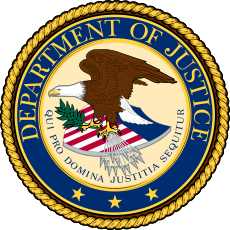
Full story here
Turns out the Federal agency/corporation that insures 44 million American pensions made some bad choices in handling their portfolio last year.
"WASHINGTON - Just months before the start of last year's stock market collapse, the federal agency that insures the retirement funds of 44 million Americans departed from its conservative investment strategy and decided to put much of its $64 billion insurance fund into stocks.
Switching from a heavy reliance on bonds, the Pension Benefit
The agency refused to say how much of the new investment strategy has been implemented or how the fund has fared during the downturn. The agency would only say that its fund was down 6.5 percent - and all of its stock-related investments were down 23 percent - as of last Sept. 30, the end of its fiscal year. But that was before most of the recent stock market decline and just before the investment switch was scheduled to begin in earnest."
The Pension Benefit Guaranty Corporation (PBGC) is responsible for making pension payments should the pension fund that an eligible person receives default. If there isn't enough money, they won't be able to make the payouts.
Press Release from the PBGC regarding the investment strategy which was voted on on Feb 12, 2008, under the new Republican Director Charles E.F. Millard.
http://www.pbgc.gov/docs/bna-investment-policy-summary.pdf
http://en.wikipedia.org/wiki/Charles_E.F._Millard
Director Millard was formerly a managing Director at Lehman Brothers and was part of Giuliani's cabinet.
An overview of PBGC:
http://en.wikipedia.org/wiki/Pension_Benefit_Guaranty_Corporation
The PBGC is a corporation that has as it's board of Directors the Secretarys of Labor, Commerce and Treasury. That would make the people who voted on the investment strategy Elaine Chao, Carlos Gutierrez, and everyone's favorite Hank Paulson.
http://en.wikipedia.org/wiki/Elaine_Chao
http://en.wikipedia.org/wiki/Carlos_Gutierrez
http://en.wikipedia.org/wiki/Henry_Paulson
So does this bear further investigation? Most likely. Will it be exposed? Probably not.









